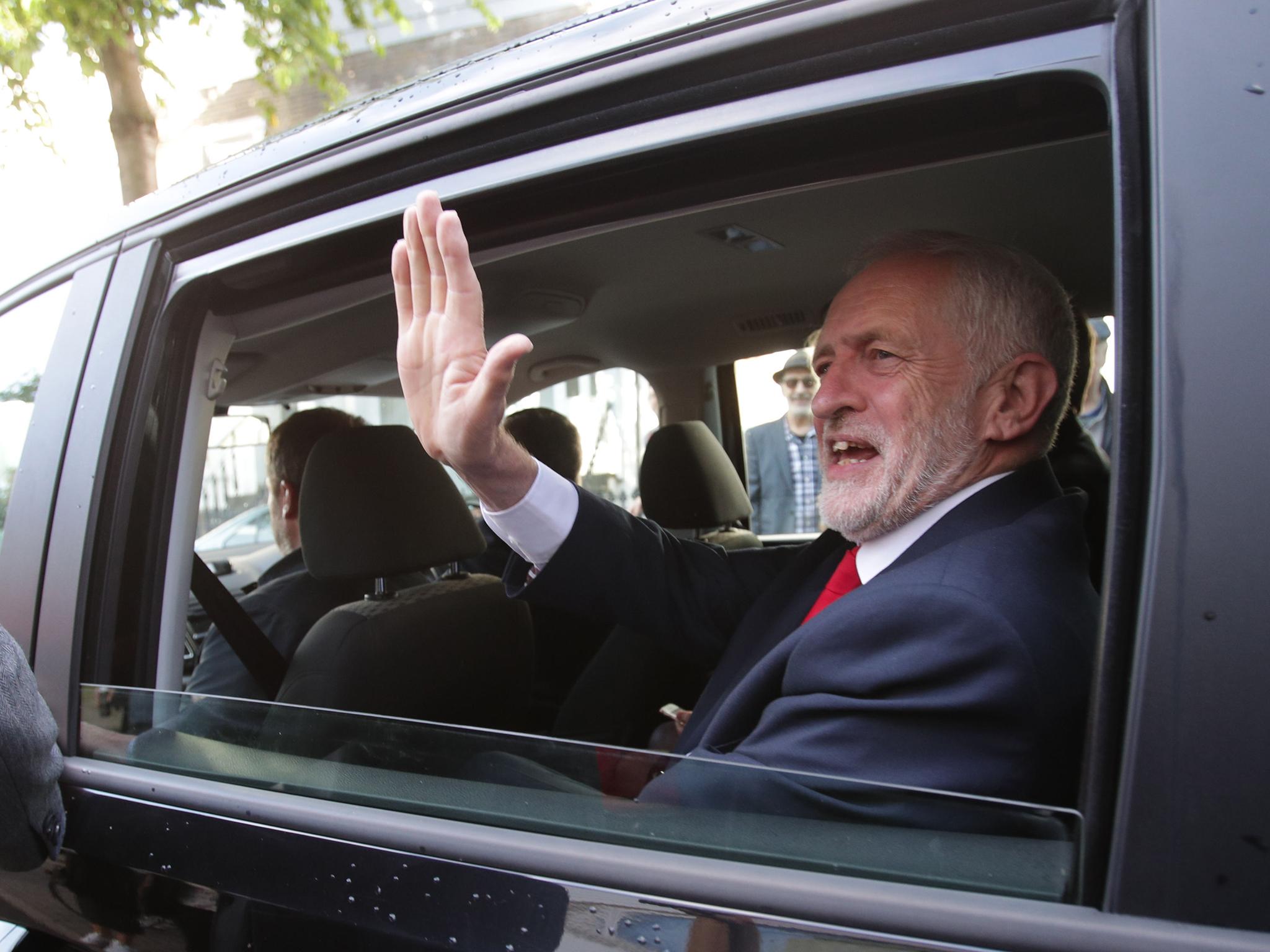After three decades of splintering, two-party politics is back – sort of
We haven't seen a result like this since the 1980s, but a hung parliament still leaves everything uncertain for the British electorate


Your support helps us to tell the story
From reproductive rights to climate change to Big Tech, The Independent is on the ground when the story is developing. Whether it's investigating the financials of Elon Musk's pro-Trump PAC or producing our latest documentary, 'The A Word', which shines a light on the American women fighting for reproductive rights, we know how important it is to parse out the facts from the messaging.
At such a critical moment in US history, we need reporters on the ground. Your donation allows us to keep sending journalists to speak to both sides of the story.
The Independent is trusted by Americans across the entire political spectrum. And unlike many other quality news outlets, we choose not to lock Americans out of our reporting and analysis with paywalls. We believe quality journalism should be available to everyone, paid for by those who can afford it.
Your support makes all the difference.Two-party politics has returned. If you add together the combined shares of the vote of Conservative (42.4 per cent) and Labour (40.1 per cent), you comfortably exceed 80 per cent. Two-party dominance at this level hasn’t been seen since the 1980s. According to the pre-election polls, even those conducted six months ago, the combined share stood at just 68 per cent.
The minor parties have done badly. While the Liberal Democrats won an extra three seats, their share of vote actually declined by 0.5 per cent. The Greens were down by 2.5 per cent and, most calamitous of all, Ukip has shed nearly 11 of its 2015 election votes.
The problem for the Lib Dems was that Brexit had become a settled matter in voters’ minds. Britain will leave the European Union. So the Lib Dem promise in its manifesto that “Every vote for the Liberal Democrats is a vote to give the final say to the British people in a referendum on whether to accept the deal or remain in the EU” didn’t cut through as hoped.
At the same time, the Lib Dems haven’t yet been forgiven for what was seen as their broken promise with regard to tuition fees and, more generally, for their coalition partnership with the Tories. This may go some way to explaining why the former party leader Nick Clegg lost his Sheffield Hallam seat.
As for Ukip, there is no mystery for its very poor showing. Its raison d’être has gone and its leader, Paul Nuttall, made a poor showing. He was hammered in the Boston and Skegness constituency, coming a distant third, and has now resigned.
But perhaps we should say that the notion of the two-party system being back is still a bit theoretical. For in the hung parliament that awaits us, the power of the minor parties is correspondingly enhanced. And while the Conservative and Labour manifestos were very different, a study by the Institute for Fiscal Studies found that the effect of the parties’ manifesto policies on the incomes of the rich and poor was pretty similar.
In fact, in this respect, there was there was hardly any difference between Labour and the Tories, except for the best-off 10 per cent of the population.
So two-party politics is back – sort of.
Join our commenting forum
Join thought-provoking conversations, follow other Independent readers and see their replies
Comments